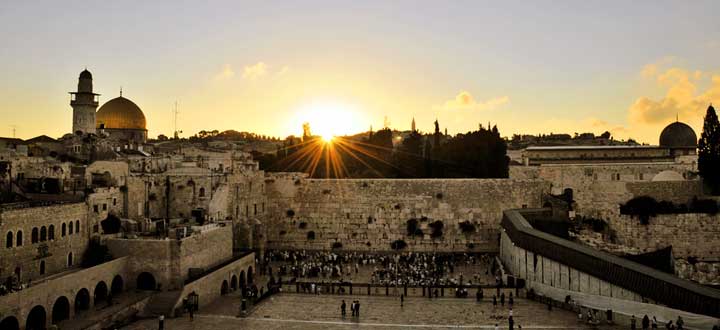I suppose I’m incredibly behind the curve on commenting on the loss of the Malaysian Airlines flight MH370, however, this quick comic seemed apropriate to be both an ironic snapshot of China’s interest in the situation and a segue into introducing one of my favorite webcomics, Scandinavia and the World.
Of the passengers aboard MH370, many were Chinese nationals. Since the loss of the flight on March 8th, and the subsequent fumbled search for the remains of the plane, the Chinese families of the passengers began protesting the Malaysian government’s handling of the situation. As the general attitude of the Chinese people soured, the Chinese government increased pressure on Malaysia’s government. China has been heavily involved in attempting to locate the wreckage of the flight, but still to no avail.
This CDT article reports on the protests outside of the Malaysian embassy, and the general attitudes surrounding the issue. CDT: MH370 Families Protest at Malaysian Embassy
What sparked my interest in commenting on the issue was this comic: LOST – SatW
Scandinavia and the World is a webcomic that follows the interaction of anthropomorphized countries, focusing on the viewpoints of the Scandinavian countries, namely Denmark, Sweden, and Norway. The comic, written by a Dane, ranges widely from commenting on current events, cultural norms, and poking fun at anything and everything it can.

